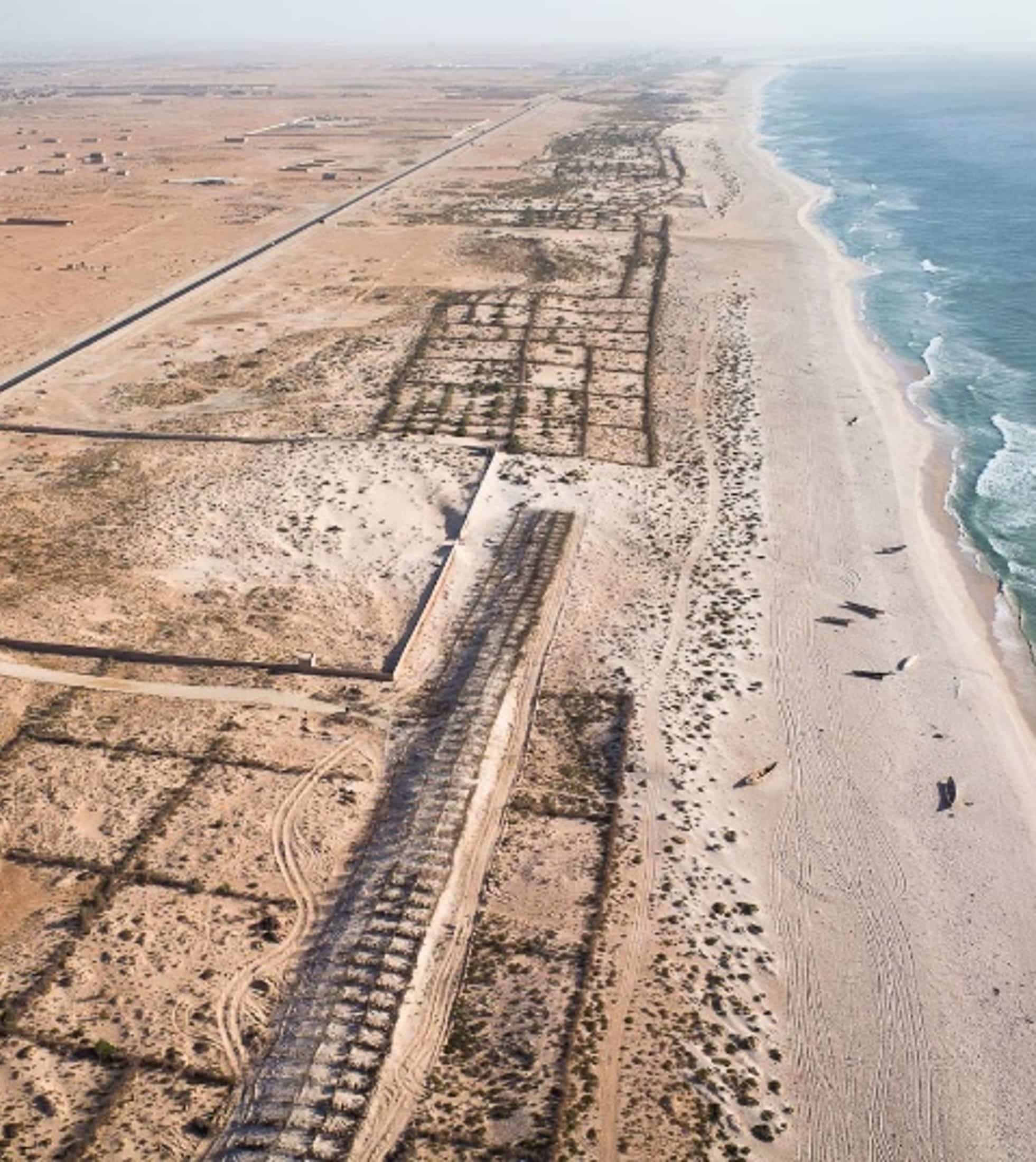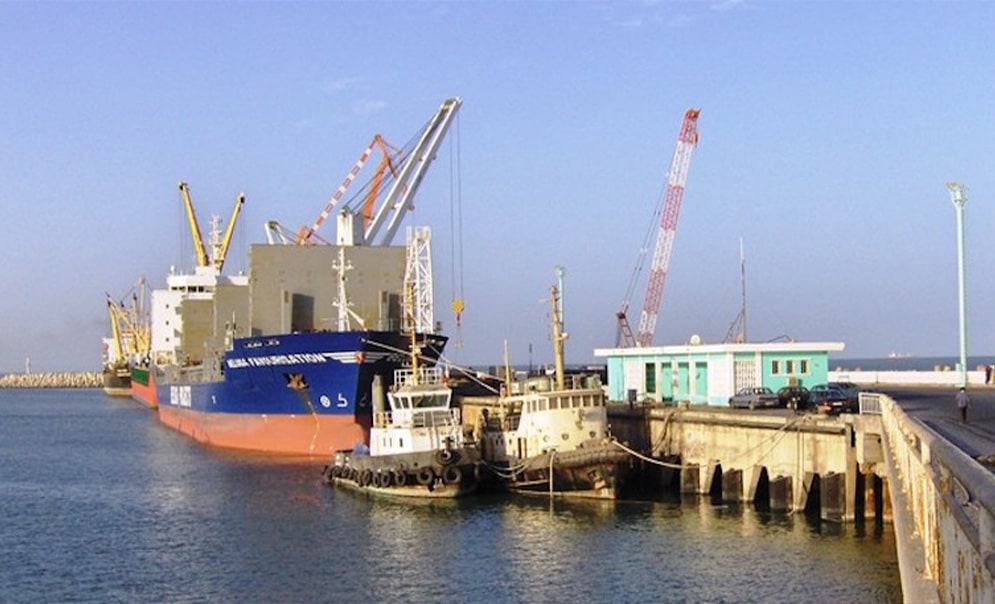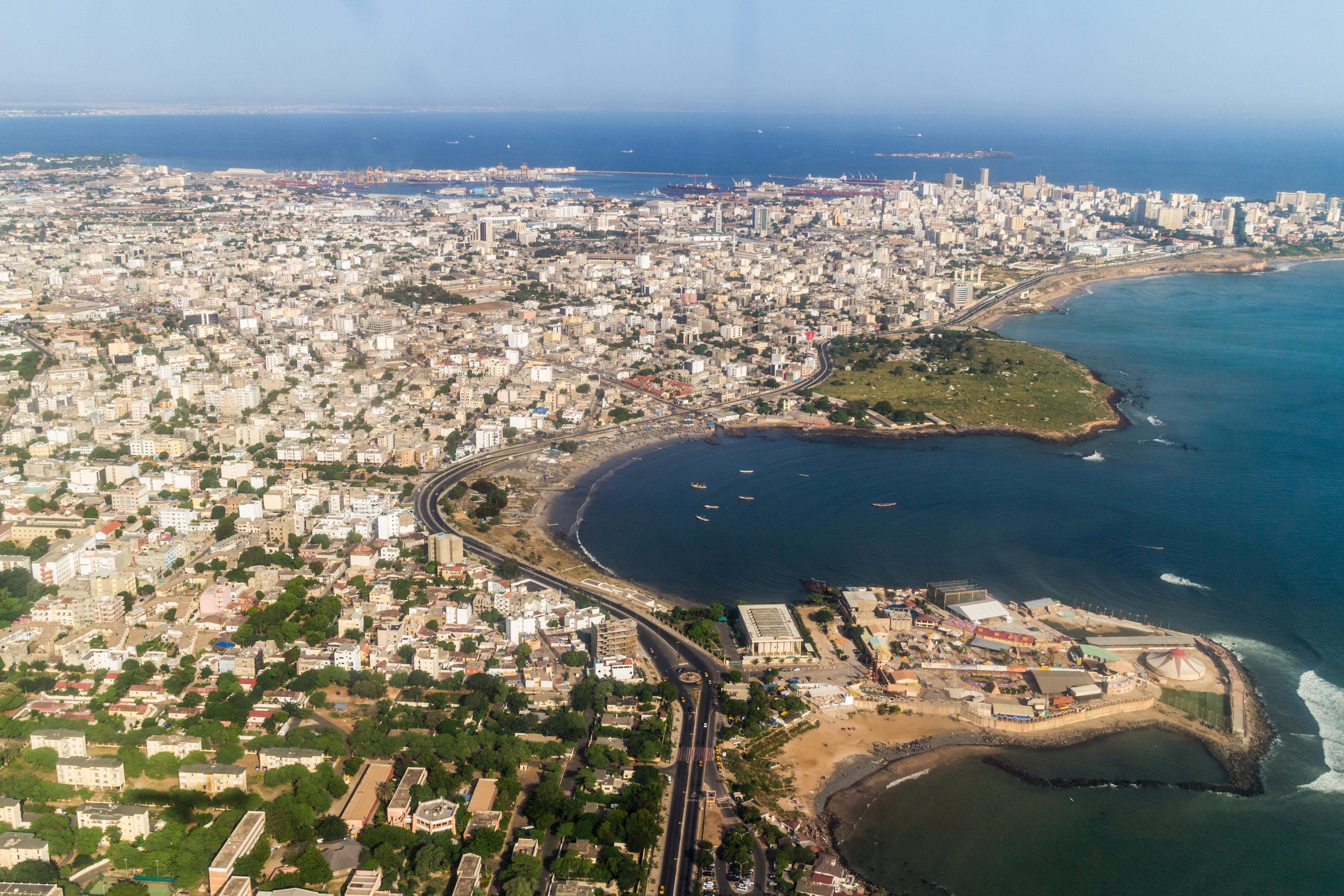Our Impact
Sustainable and Resilient Cities of Tomorrow
By 2050, almost 70% of the world’s population will live in cities. That means 2.5 billion more people living in urban environments within the next 30 years.
Yet urbanisation trends are very different around the globe. Many conurbations in North America and Europe are today shrinking as their ageing populations move out. In contrast, developing economies are witnessing rapid urban growth – an expected 950 million people in Africa will make the continent’s cities their home by 2050¹.
At the same time as many cities grow, climate change and the drive to net zero will require them to change. The challenges are as varied as they are urgent. Coastal cities in China, Latin America and Africa are among those most at risk from rising sea levels, while inland metropolises in Africa and India face significant threat from extreme heat and drought. Europe and North America are far from immune as many cities contend with more severe weather events, erosion and flooding.
The result will be one of the greatest challenges for policymakers, city authorities, urban planners, infrastructure developers and investors, as well one of the greatest opportunities for us all to reimagine the way we live.
Source: [¹] link
The Urban Resilience Fund
• €20m Catalytic Capital Fund
• €150m investment fund for OECD countries
• €350m investment fund for non-OECD countries (Africa)
In 2021, we launched The Urban Resilience Fund (TURF) in partnership with The Rockefeller Foundation and UNCDF to help large and emerging cities in Europe and Africa to respond to urbanisation and protect against their increased vulnerability to climate change. TURF collaborates with city authorities from an early stage to identify challenges and define infrastructure solutions that can meet multiple issues. The aim is to work with and for cities to make a meaningful difference to people and environment around them, while paying close attention to the unintended and potentially negative effects that infrastructure development can cause.
TURF addresses the issues involved in preparing far-reaching infrastructure projects in cities, particularly in terms of infrastructure expertise and the lack of financial resources to scope potential projects. Its structure includes a €20m catalytic capital fund for project preparation, as well as two funds for OECD and non-OECD countries, specifically Africa.
While climate change represents a key consideration for urban areas, many city authorities also have a focus on ensuring that disadvantaged communities are not left behind. Our strategy acknowledges that each city is unique and faces individual challenges, however we see lessons that can be learned and adapted to other locations as urban environments around the globe face threats and strive to become more resilient and sustainable.
Strategies for Resilient & Sustainable Cities
SDG 11 ”Make cities and human settlements inclusive, safe, resilient and sustainable”
The ambition to create sustainable and resilient cities is enshrined in SDG 11. The mission underpinning it is to make cities inclusive, safe, resilient and sustainable. In practical terms, the development of sustainable and resilient cities encompasses all the areas in which we invest, from critical public services to sustainable mobility and innovative low-carbon solutions. It also crosses all Meridiam’s pillars:
• Resilient Infrastructure & Sustainable Cities
• Accelerate Energy Transition
• Avoid & Reduce Emissions
• Good Work Conditions, Inclusion, Diversity &
Gender Equality
• Protect & Enhance Biodiversity
Meridiam’s strategy is to firmly align our funds with the UN SDGs, create objectives for
investments, and measure our progress against those targets. In the context of SDG 11, our projects are clear and meaningful contributors to the missions, as well as their underlying indicators.
INCLUSIVE – Essential fibre connections in North American and Europe, including cities in Indiana and Montabaur, Germany, target underserved cities and neighbourhoods to increase economic opportunities for their inhabitants.
SAFE – The development and maintenance of 4,000 school and childcare spaces in Espoo, Finland, will contribute 15% of the city’s need for healthy, functional and safe school places, including improved air quality and a better learning environment.
RESILIENT – The development of nature-based coastal defences in Nouakchott, Mauritania, will directly protect some 75,000 people living in low-lying areas of the capital from the risk of flooding caused by rising sea levels.
SUSTAINABLE – Bus Rapid Transit, Dakar, will put 121 electric buses on the road in the Senegalese capital, a first for Africa, and will transport some 300,000 people and avoid 59,000 tonnes of CO² emissions annually. While the infrastructure need met by each project can align with a specific mission and indicator, it is essential that we take a holistic approach to investment, development and management. In practice, Meridiam’s projects combine multiple positive impacts spanning benefits for people and the planet.
For example, while delivering safe and healthy school spaces, our project in Espoo actively contributes to the city’s aim of being carbon neutral by 2050 and meeting the SDGs by 2030. The project has been selected by the UN itself as an example of what cities can do to implement and achieve the SDGs.
And at the same time as it creates sustainable transport for the city, Bus Rapid Transit, Dakar, will create approximately 1,000 direct and local jobs, a third of which will be drivers, with a particular focus on hiring women and young people.
As an investor in essential public infrastructure at the heart of cities, we aim to consider and address all the positive and negative consequences our projects will have, while finding ways to generate benefits for people and the environment that go beyond the direct impacts of the infrastructure itself.
[…]
Related stories

04.09.2023
Meridiam and the Government of Mauritania create a public-private company to protect and develop Nouakchott’s coastline

11.09.2019
Meridiam reaches financial closing of Nouakchott port in Mauritania
